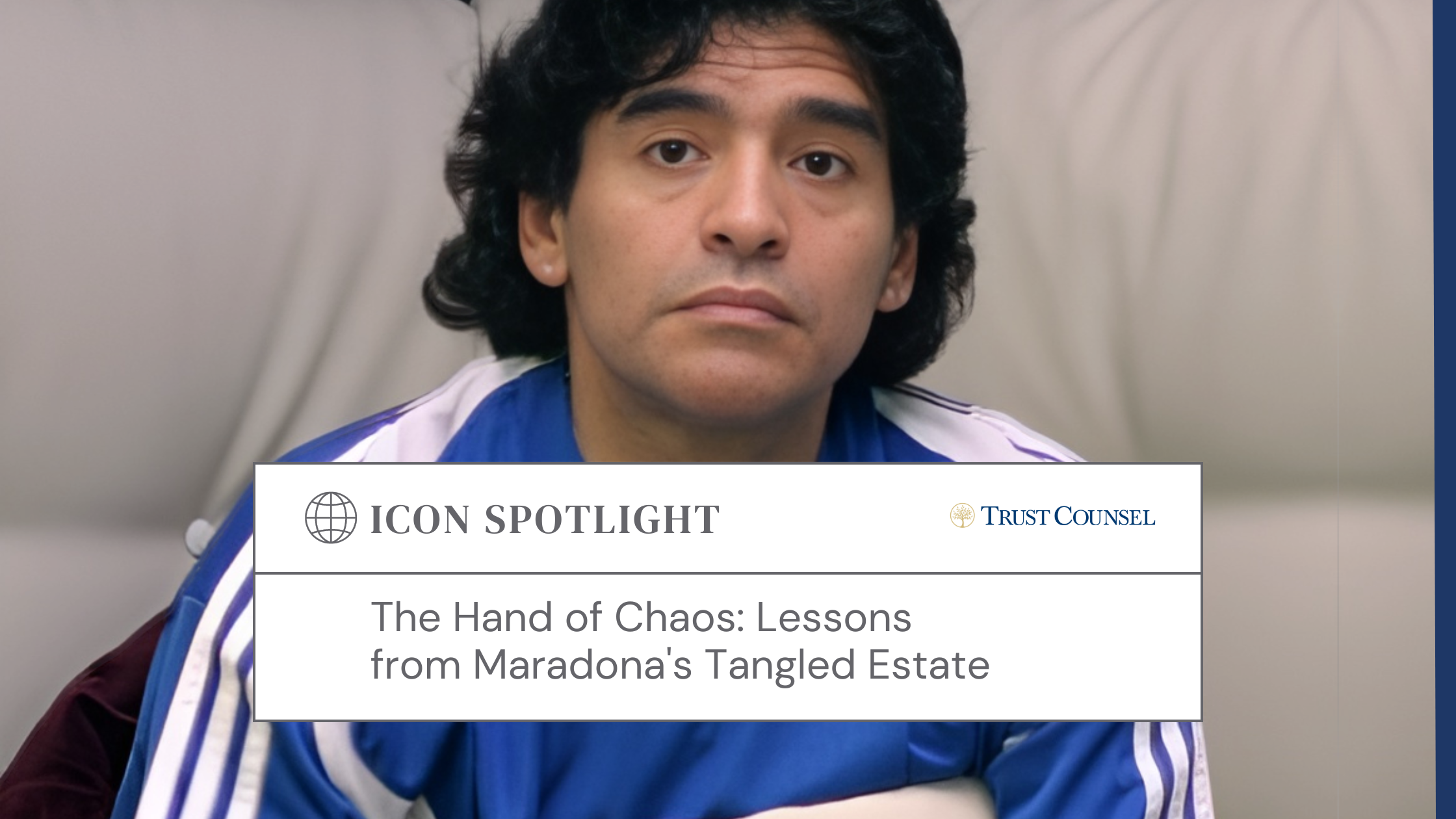
As we begin 2017, we like to remind our clients, friends, and professional associates to pause and reflect on their goals (whether for themselves or for their clients) for the coming year. Like any other strategies for the future — saving for college, or a new home, implementing retirement planning, etc… — estate planning is a critical part of life and family planning.
We want your estate plan to succeed when your family needs it to. Here is a simple 5-point checklist for families that have already done some planning in the past but their plan may be outdated or missing something important here or there.
1. Fund Your Revocable Living Trust [Immediately]!
One of the most critical steps in the estate planning process is to properly fund a trust. We’ve made that task “No. 1” on our checklist because of the potentially tedious consequences if this step is overlooked. For those who recently created estate plans, this reminder is particularly relevant.
The estate planning process is not over once the documents are signed and you leave the attorney’s office. A carefully crafted Revocable Living Trust is powerless until it has been properly funded.
What does “funding a trust” mean? In simplest terms, funding is the process of re-titling many of your assets (e.g. bank accounts, stocks, bonds, real estate, etc.), into the name of the trust. It also requires changing the beneficiary designation on certain assets by using the custom beneficiary designation language we provided as the primary or secondary beneficiary. In short, funding a trust is analogous to putting gas in your new car.
If you are one of our current clients and chose to self-fund just turn to the back of your Estate Planning Portfolio Binder and find your “Funding Toolkit.” Follow the accompanying Asset Action Plan™ discussed during your consultation and that was created for you. If you have any questions we are here to help! Call us!
If you are one of our current clients and also retained us to perform your trust funding, you are all set unless you recently purchased or sold an asset. In which case, you should contact our funding coordinator Jennifer ([email protected]) and she will properly transfer the asset into your trust.
If you are not one of our current clients and have not completed your trust funding, contact us, we can help you!
What are the consequences of not funding a trust? Without a properly funded trust, the trustee cannot manage or distribute the assets in the event the grantor dies or becomes incapacitated; the estate may have to be probated or be forced into guardianship proceedings; and assets may pass by contract or rights of survivorship to unintended beneficiaries.
2. Name Guardians for Minor Your Children
Most parents would agree that their children are by far their most precious asset. BUT, Did you know that 69% of parents in South Florida have not named guardians for their kids? Why? Many parents simply are unaware of the consequences of not planning. Some parents assume their closest relatives will step in and accept responsibility should something happen. Amidst the grief and confusion that follows the death of parents, the Florida courts will decide who should raise minor children. And the judge’s decision may not be whom the parents or the children would have wanted. Of the people who do nominate a legal guardian for their kids (most commonly through a Will), many of them fall into the trap of making at least one of several of the most common mistakes. I see it in estate plans I review all the time. For example, Mistake No. 1 is naming a couple to act as guardians without indicating what should happen if the couple broke up or one of the partners in the couple died! Major FAIL. Want to know if you have made one of the most common mistakes in your plan? Email our Client Services Director Jackie and she will send you our free report: 6 Common Mistakes Florida Parents Make When Naming Guardians for their Kids. You can email her at [email protected] and she can shoot it right over.
3. Discuss Your Advance Directives with Loved Ones
Absent the proper documents, healthcare providers will rely on your family members to make end-of-life decisions for their loved ones. Families are often haunted by having made medical decisions without knowing their loved one’s wishes. They often carry guilt and anxiety for years as to whether or not they did the right thing. One of the most responsible and loving things we can do as adults, of any age, is to take control of the future, make these difficult decisions prior to becoming physically or mentally incapacitated, and communicate your wishes with your loved ones in clear and unambiguous language.
4. Ensure that Young Adult Family Members Have Basic Legal Documents
Once teens reach the age of majority (18 in most states), parents are no longer considered their legal representatives and are not entitled to see their medical and financial records or to make decisions for them. As older teens head off to college or otherwise leave home to pursue their own lives, they cross over the threshold into legal adult territory where all the rules have changed and parents have very little authority. All young adults over the age of 18 in Florida should have three essential legal documents: A durable power of attorney, a healthcare power of attorney, and a living will.
5. Facilitate Access to your Digital Assets
We instruct our clients to have a process in place where at least one other person has access to, or knowledge of, the location of your logins and passwords. This includes access to any passwords associated with your bank, your health insurance, your address book, and digitally-stored copies of the estate plan. It’s important to be mindful that the purpose of engaging in estate planning is to ease the burden on loved ones left behind and minimize chaos in a crisis. That means providing immediate access to the appropriate information when the time comes.
From all of us at Marenco Warshofsky & Partners, we wish you success in the new year. Feel free to contact our friendly Client Services Director, Jackie at our office at 305.707.7126 or email her at [email protected] if we can assist you in achieving your estate planning goals.




